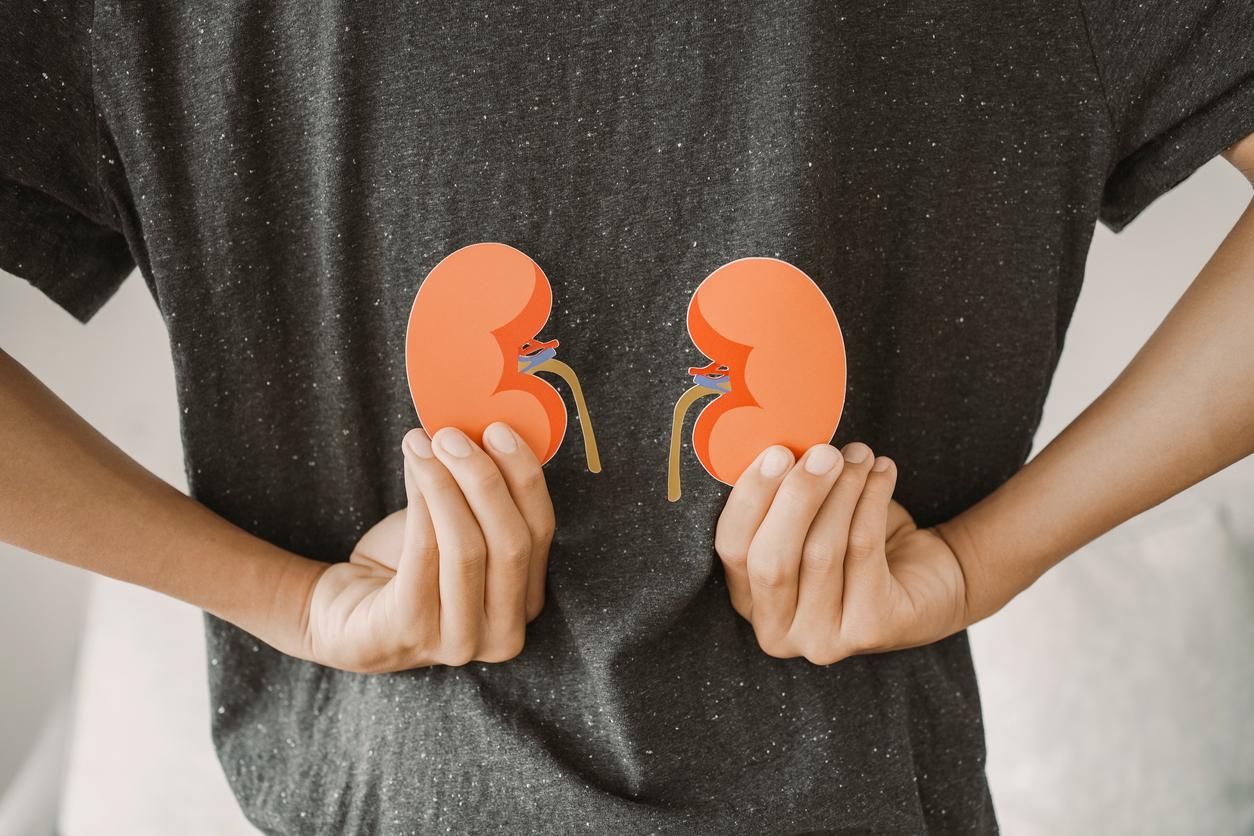On January 18, the premises of Wefight, an e-health company, turned into an escape game to raise awareness among the French about therapeutic wandering, which affects 23 million people with chronic pathologies.

- Therapeutic wandering is closely linked to medical follow-up, which involves the initiative of the patient and listening to the doctor.
- Therapeutic wandering should be distinguished from diagnostic wandering, which concerns patients who are unable to put a name to their disease.
On the ground floor of the Future4care space in Paris, “labs” hide different stages of a “health escape game”. This January 18, six people, including Pierre Nectoux, co-founder of the e-health company Wefight, are waiting in the waiting room. Before the doctor arrives, everyone puts themselves in the shoes of a patient suffering from a chronic illness. “I suffer from bothersome respiratory symptoms,” says the player who plays Dominique, a 62-year-old man. “I also have trouble breathing properly,” retorts the one who plays the role of Camille, 37 years old.
Asthma, COPD: a ball spirometer to measure pulmonary respiratory capacity
“Hello everyone! I’m sorry for the delay”, declares the doctor who arrives with a bang. She quickly calls out: “Sacha? Camille? Dominique?”, and asks them to follow her. One by one, the patients enter the “Living Lab” and settle in an assigned place. “I have read your medical records. To confirm your diagnosis, you are going to do a test”, says the doctor in a white coat.
“In front of you, you each have a tube which is connected to a ball spirometer. This device is used to measure your pulmonary respiratory capacity, that is to say the volume of air exhaled during a forced expiration after a forced inspiration. After a short time, the practitioner blows into the pipe to lift the ball. “You’re all going to do it”, she adds. At this time, a series of heartbeat sounds are played.
After several attempts, the six adults fail to perform the test correctly. “You can’t lift the ball with your breath. That’s what I thought!”, exclaims the health professional, who begins to examine the patients. She sits down at her desk again. “You all suffer from respiratory diseases, either asthma or chronic obstructive pulmonary disease (COPD). For some it is a mild form, and for others it is a moderate or severe form”, announces the doctor in a serious tone after having read her notes.
Therapeutic wandering: it can last for months or even years
When she begins to talk about treatments for respiratory conditions, the sounds of heartbeats get louder and several words, such as “bronchioles”, “inflammation” or even “respiratory system”, scroll on a screen. Clearly, at the time of the announcement, the six patients are disconcerted and their minds are elsewhere. “Now you know what meds to take. See you at our next date,” said the doctor, heading for another door.
In this room, called “Medical & Regulatory Lab”, it is dark and cold. The atmosphere is oppressive. One behind the other, the patients discover a puzzle to put together. “I found a piece of the game. Search everywhere!”, launches a patient affected by asthma by continuing to press the giant ventolin, which serves as a switch.
Once the patients fix the problem, all the lights go on. “Bravo! After a dark and complicated period, you have managed to understand that you are faced with a therapeutic wandering. This is the period during which a patient will wander from treatment to treatment, from practitioner to practitioner until identifying, perhaps -be after months or even years, which will allow him to better manage his illness and improve his quality of life”, explains the healthcare professional before heading to the last room of the escape game.
“The more patients are informed about therapeutic wandering, the stronger they are”
“Here is the knowledge room! The many books in the library will help you get out of therapeutic wandering”, she specifies. Neither one nor two, the patients start looking for the books that will allow them to get a sentence and get out of this room. “They are light blue. Some are hidden behind the curtains!”, says one of the patients. After a few minutes, they succeed in the mission. “Congratulations! You have found the famous phrase: ‘the more patients are informed about therapeutic wandering, the stronger they are’. You now have the keys to this ignored public health problem and you can share them with French people suffering from chronic illnesses.”

















